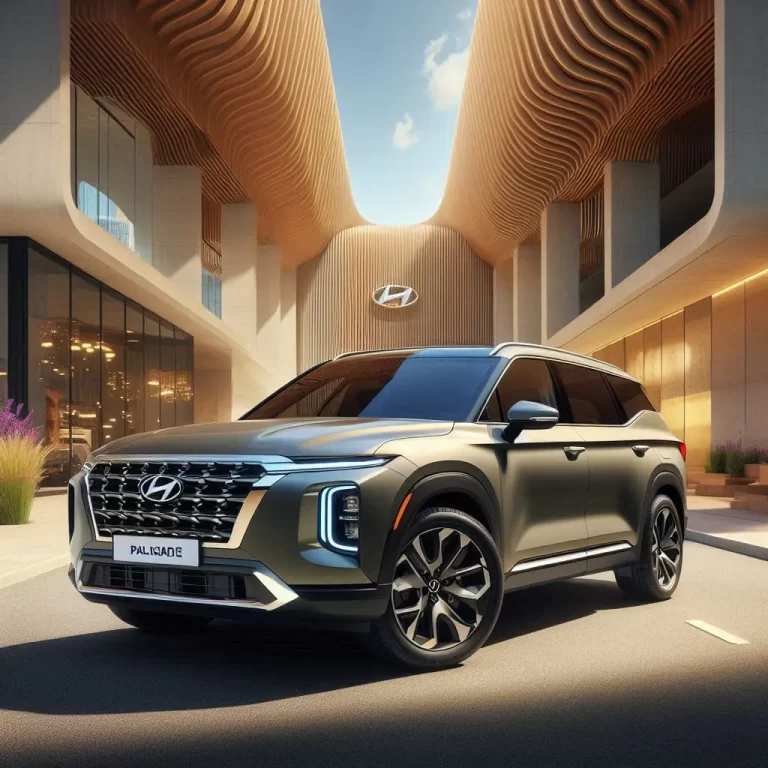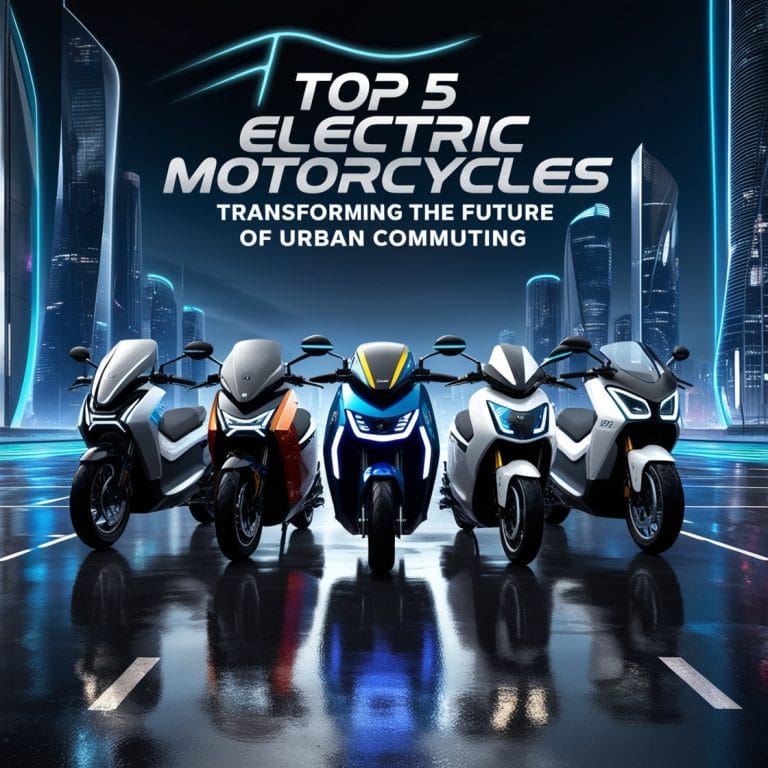
How the Automotive Industry is Transforming with Electric Vehicles in 2024. The automotive industry is undergoing a remarkable transformation, driven largely by the rise of electric vehicles (EVs). As we step into 2024, the shift from traditional combustion engines to electric power is not just a trend; it’s a fundamental change that is reshaping the entire industry. This article explores the various dimensions of this transformation and what it means for consumers, manufacturers, and the environment.
The Rise of Electric Vehicles

In 2024, electric vehicles are no longer a niche market. With increasing awareness of climate change and the need for sustainable practices, consumers are more inclined to opt for EVs. Major automotive manufacturers are expanding their electric offerings, leading to a wider selection of models that cater to different needs and preferences. From compact cars to SUVs and luxury sedans, there’s an electric option for nearly every segment.
The surge in EV popularity can be attributed to several factors, including advancements in battery technology, improved charging infrastructure, and government incentives. Consumers are now more informed about the long-term savings associated with electric vehicles, such as lower fuel costs and reduced maintenance needs, which adds to their appeal.
Technological Innovations Driving Change
One of the most significant changes in the automotive industry is the rapid pace of technological innovation. In 2024, we’re seeing improvements in battery efficiency, with newer models offering longer ranges and faster charging times. Companies are investing heavily in research and development to create solid-state batteries that promise even greater energy density and safety. (Read More: AGC Automotive: Pioneering Smart Glass Technologies in the Automotive Industry).
Additionally, the integration of smart technology in EVs is enhancing the driving experience. Features like advanced driver-assistance systems (ADAS), over-the-air software updates, and connectivity with smart home devices are becoming standard. This technological integration not only makes driving safer but also more enjoyable, appealing to tech-savvy consumers.
Charging Infrastructure Expansion

As more people embrace electric vehicles, the need for a robust charging infrastructure has never been more critical. In 2024, cities and private companies are investing in expanding charging networks, making it easier for EV owners to find convenient charging stations. Fast-charging stations are being deployed along major highways and in urban centers, reducing range anxiety and encouraging more drivers to make the switch to electric.
Furthermore, home charging solutions are becoming more accessible and affordable. Many homeowners are now installing EV chargers, allowing for overnight charging and added convenience. This growing infrastructure is essential for supporting the increasing number of electric vehicles on the road. (Read More: The Evolution of Car Brand Logos: A Journey Through Iconic Designs).
Environmental Impact and Sustainability
The automotive industry’s shift to electric vehicles has significant implications for the environment. EVs produce zero tailpipe emissions, which contributes to cleaner air and reduced greenhouse gas emissions. As more people choose electric cars, the automotive industry is moving closer to achieving sustainability goals. (Read More: Automotive Industry: Innovative the Future of Electric Vehicles in 2024).
In 2024, many manufacturers are also focusing on sustainable production practices. This includes using recycled materials, reducing waste during manufacturing, and implementing eco-friendly logistics. The combination of cleaner vehicles and sustainable practices marks a significant step toward a greener future for the automotive industry.
The Role of Government and Policy

Government policies play a pivotal role in the transformation of the automotive industry. In 2024, various governments around the world are implementing stricter emissions regulations and offering incentives for electric vehicle purchases. These policies are designed to accelerate the transition to electric mobility and reduce dependency on fossil fuels.
Subsidies, tax credits, and rebates for EV buyers are encouraging consumers to make the switch. Additionally, some regions are investing in research and development for alternative fuels and EV technologies, fostering innovation and competitiveness in the automotive sector.
Conclusion article How the Automotive Industry is Transforming with Electric Vehicles in 2024
The automotive industry is undeniably transforming with the rise of electric vehicles in 2024. This shift presents both challenges and opportunities for manufacturers and consumers alike. As we look ahead, several key points emerge:
- Diverse Offerings: The increasing variety of electric vehicles is making it easier for consumers to find models that fit their lifestyles.
- Technological Advancements: Innovations in battery technology and smart features are enhancing the EV driving experience.
- Charging Infrastructure: A growing network of charging stations is alleviating range anxiety and promoting EV adoption.
- Environmental Benefits: Electric vehicles contribute to reduced emissions, promoting a cleaner environment.
- Supportive Policies: Government incentives and regulations are accelerating the transition to electric mobility.
In summary, the automotive industry’s transformation through electric vehicles is not just a passing phase; it is a profound change that promises to redefine how we think about transportation in the years to come.








1 thought on “How the Automotive Industry is Transforming with Electric Vehicles in 2024”
Comments are closed.